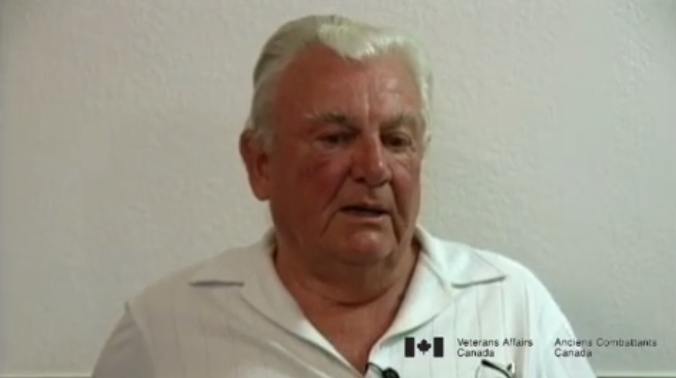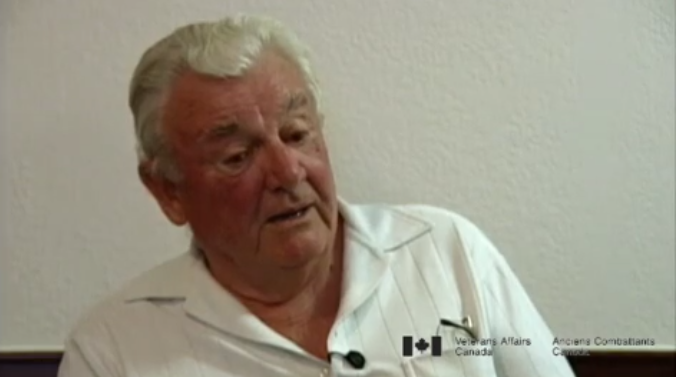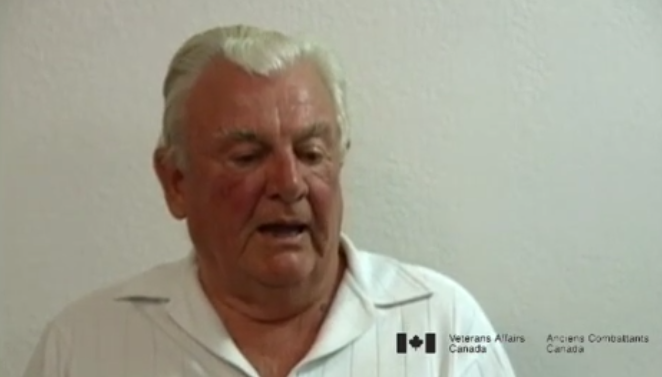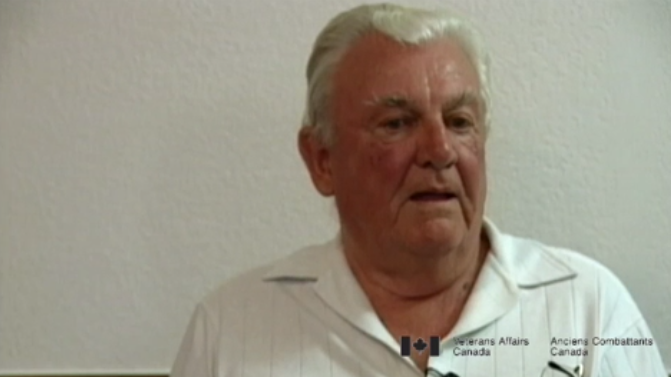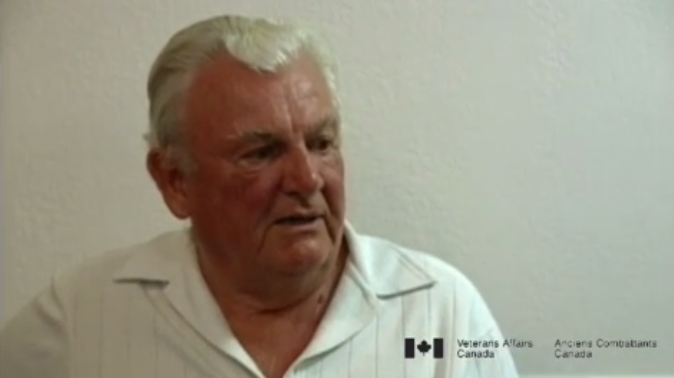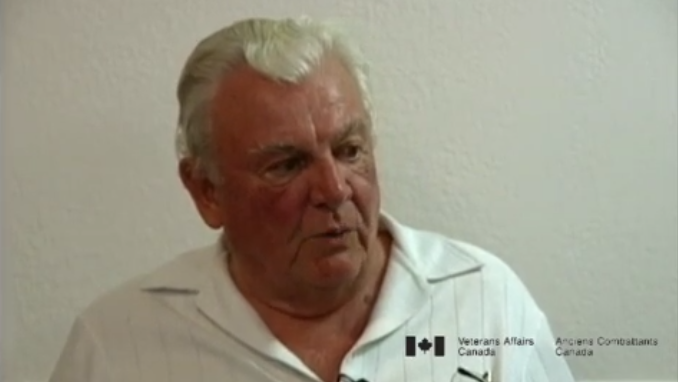Desperate Measures for Survival
Heroes Remember
Desperate Measures for Survival
Transcript
Description
Mr. Friesen describes the desperation of some of the Kai Tek labourers, minimal medical facilities in Hong Kong, and his personal vow to survive.
Isaac ‘Ike’ Friesen
Isaac ‘Ike’ Friesen was born on a farm in the Russian Ukraine on October 19, 1920. His father died while Ike was an infant, leaving his mother to run the farm. At the onset of the Bolshevik Revolution, Mrs. Friesen sold the family farm and emigrated to Winkler, Manitoba, later moving to and buying a house in nearby Pomcooley. Mr. Friesen attended the four room school across the street, completing grade eight before becoming a farm laborer to help support his mother. He eventually tried working on a sugarbeet farm in Carmen, Manitoba, but quickly decided joining the armed forces was a better option. He tried to join the Royal Canadian Navy, but was deferred to the Army. He took basic training as a member of the Eighteenth Manitoba Reconnaissance Regiment at Shilo. He was designated as “D” - unfit for overseas service, until being recruited by the badly depleted Winnipeg Grenadiers where his status suddenly became “A1.” Once the conflict in Hong Kong ended with the Allied surrender, Mr. Friesen worked as a laborer at Kai Tek airport. He was eventually shipped to the camp in Niigata, Japan, where he labored as a stevedore. After being liberated and returning to Canada, Mr. Friesen, as the result of a chance meeting while hitchhiking, was offered and accepted employment with what is now Shell Oil.
Meta Data
- Medium:
- Video
- Owner:
- Veterans Affairs Canada
- Duration:
- 2:18
- Person Interviewed:
- Isaac ‘Ike’ Friesen
- War, Conflict or Mission:
- Second World War
- Location/Theatre:
- Hong Kong
- Battle/Campaign:
- Hong Kong
- Branch:
- Army
- Units/Ship:
- Winnipeg Grenadiers
- Occupation:
- Truck Driver
Related Videos
- Date modified:



